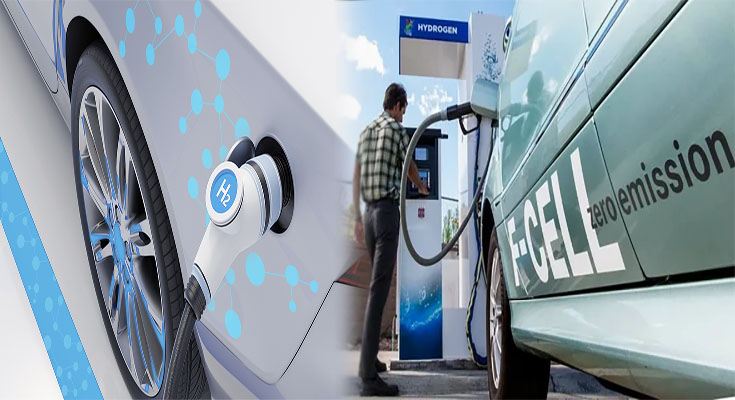As the automotive industry continues to seek sustainable alternatives to traditional gasoline-powered vehicles, hydrogen-powered cars have emerged as a promising solution for a greener and more environmentally friendly future. This article explores the potential of hydrogen-powered cars, their benefits, challenges, and the impact they could have on the future of transportation.
Benefits of Hydrogen-Powered Cars
Hydrogen-powered cars, also known as fuel cell vehicles, offer several key benefits that make them an attractive alternative to conventional gasoline-powered vehicles. They produce zero harmful emissions, with water vapor being the only byproduct of the chemical reaction in the fuel cell. This makes hydrogen-powered cars a clean and environmentally friendly option that can help reduce air pollution and combat climate change.
Longer Driving Range and Quick Refueling
One of the advantages of hydrogen-powered cars is their longer driving range compared to battery-electric vehicles. Fuel cell vehicles can travel hundreds of miles on a single tank of hydrogen, making them a practical choice for long-distance travel. Additionally, refueling a hydrogen-powered car takes only a few minutes, similar to the time it takes to refuel a gasoline-powered vehicle, offering convenience and efficiency for drivers.
Energy Efficiency and Sustainability
Hydrogen is a versatile and abundant energy carrier that can be produced from a variety of renewable sources, such as wind, solar, and hydropower. When produced using renewable energy sources, hydrogen-powered cars offer a sustainable alternative to fossil fuels, helping reduce dependency on finite resources and lower greenhouse gas emissions. This energy-efficient and sustainable approach aligns with global efforts to transition to a low-carbon economy.
Infrastructure Challenges
Despite the many benefits of hydrogen-powered cars, there are challenges that need to be addressed for widespread adoption. One major hurdle is the lack of hydrogen refueling infrastructure, which is essential for supporting the growth of fuel cell vehicles. Building a network of hydrogen filling stations will be crucial to enable drivers to refuel their vehicles conveniently and confidently, encouraging broader acceptance of hydrogen-powered cars.
Cost Considerations and Technological Advancements
Another factor that influences the adoption of hydrogen-powered cars is the cost of production and infrastructure development. While the initial investment in fuel cell vehicles and hydrogen infrastructure may be higher compared to traditional gasoline-powered vehicles, ongoing advancements in technology and economies of scale are expected to drive costs down over time, making hydrogen-powered cars more competitive and accessible to consumers.
The future of hydrogen-powered cars holds great promise for a cleaner, greener, and more sustainable approach to personal transportation. With their environmental benefits, longer driving range, quick refueling times, and potential for renewable energy integration, hydrogen-powered cars have the potential to revolutionize the automotive industry and contribute to a more sustainable future. While challenges such as infrastructure development and cost considerations remain, ongoing research, innovation, and collaboration among industry stakeholders are key to unlocking the full potential of hydrogen-powered cars and driving the transition towards a more sustainable transportation system.













